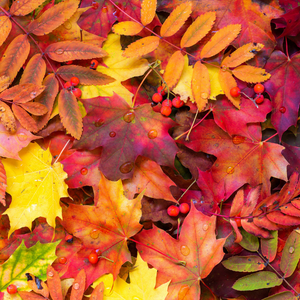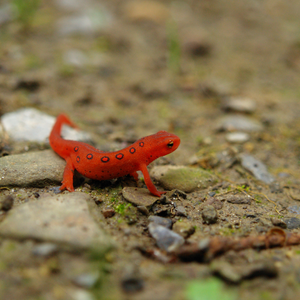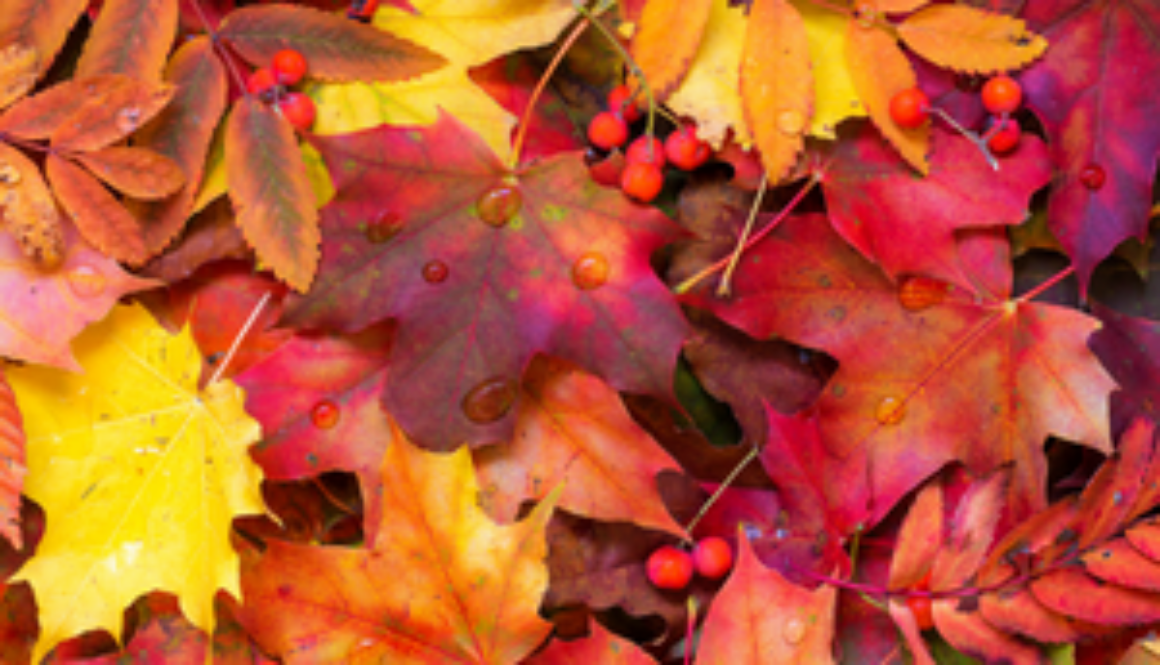Leave the Leaves
 Want an excuse to skip raking and bagging all the leaves this Autumn? There are many good reasons to stop doing this seasonal chore. Leaves are valuable to wildlife, your plants and lawn, and play an important part in a sustainable environment.
Want an excuse to skip raking and bagging all the leaves this Autumn? There are many good reasons to stop doing this seasonal chore. Leaves are valuable to wildlife, your plants and lawn, and play an important part in a sustainable environment.
What you see as a messy lawn or an unkept yard is seen as a buffet for a whole host of wildlife! Earthworms, millepedes, and snails eat the fallen leaves for the nutrients they contain. This fattens up the insects and makes them a tasty meal for many birds such as nuthatches, robins, blue jays, and bluebirds.
The leaves that are left all winter are also a haven for next year’s pollinators, as butterflies and moths lay their eggs in the leaf litter. The Luna moth and other species spend their winter in cocoons and rely on the fallen leaves for camouflage, so they’re not eaten by predators. Turtles, toads and others also enjoy the safety and protection of leaf litter.
For your lawn, it’s easier and yields more benefits if you mulch or mow the leaves and leave them on your grass, as

long as they’re not so thick that they block the sunlight from the turf all winter. Virginia Tech states in its Lawn Leaf Management pamphlet that using a rotary or mulching mower as a leaf management tool has proven to be a relatively cost effective and timesaving means of leaf disposal and it increases soil organic matter content.
If you’re just not able to adjust to a leafy landscape, consider blowing your leaves into your dormant vegetable beds and under bushes in your flower beds. You could also send them to the outer edges of your property, maybe at a wooded edge or behind a shed, to create a wildlife oasis or two. Just keep the leaves away from roadways, storm drains, and hardscape paths. Virginia Tech also has a pamphlet for Landscaping for Less in the Landfill.
Leaves are a valuable part of the landscape that provides nutrients for your lawn and landscape, food insects and birds, and shelter for pollinators. Best of all, you can avoid the time-consuming chore of putting all those leaves in plastic bags — which is good for you and good for the environment!

